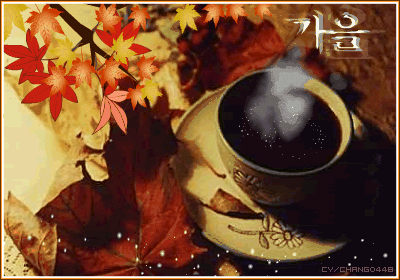
A Dhammatalk by Ajahn Chah
Fight greed, fight aversion, fight delusion… these are the enemy. In the practice of Buddhism, the path of the Buddha, we fight with Dhamma, using patient endurance. We fight by resisting our countless moods.
Dhamma and the world are interrelated. Where there is Dhamma there is the world, where there is the world there is Dhamma. Where there are defilements there are those who conquer defilements, who do battle with them. This is called fighting inwardly. To fight outwardly people take hold of bombs and guns to throw and to shoot; they conquer and are conquered. Conquering others is the way of the world. In the practice of Dhamma we don’t have to fight others, but instead conquer our own minds, patiently enduring and resisting all our moods.
When it comes to Dhamma practice we don’t harbor resentment and enmity amongst ourselves, but instead let go of all forms of ill-will in our own actions and thoughts, freeing ourselves from jealousy, aversion and resentment. Hatred can only be overcome by not harboring resentment and bearing grudges.
Hurtful actions and reprisals are different but closely related. Actions once done are finished with, there’s no need to answer with revenge and hostility. This is called ”action” (kamma). ”Reprisal” (vera) means to continue that action further with thoughts of ”you did it to me so I’m going to get you back.” There’s no end to this. It brings about the continual seeking of revenge, and so hatred is never abandoned. As long as we behave like this the chain remains unbroken, there’s no end to it. No matter where we go, the feuding continues.
The supreme teacher2 taught the world, he had compassion for all worldly beings. But the world nevertheless goes on like this. The wise should look into this and select those things which are of true value. The Buddha had trained in the various arts of warfare as a prince, but he saw that they weren’t really useful, they are limited to the world with its fighting and aggression.
Therefore, in training ourselves as those who have left the world, we must learn to give up all forms of evil, giving up all those things which are the cause for enmity. We conquer ourselves, we don’t try to conquer others. We fight, but we fight only the defilements; if there is greed, we fight that; if there is aversion, we fight that; if there is delusion, we strive to give it up.
This is called ”Dhamma fighting.” This warfare of the heart is really difficult, in fact it’s the most difficult thing of all. We become monks in order to contemplate this, to learn the art of fighting greed, aversion and delusion. This is our prime responsibility.
This is the inner battle, fighting with defilements. But there are very few people who fight like this. Most people fight with other things, they rarely fight defilements. They rarely even see them.
The Buddha taught us to give up all forms of evil and cultivate virtue. This is the right path. Teaching in this way is like the Buddha picking us up and placing us at the beginning of the path. Having reached the path, whether we walk along it or not is up to us. The Buddha’s job is finished right there. He shows the way, that which is right and that which is not right. This much is enough, the rest is up to us. Continue reading →


















